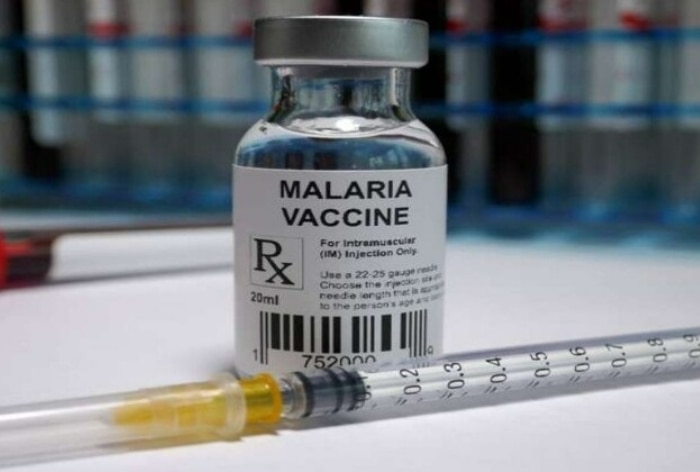
[ad_1]
WHO also issued recommendations on the advice of SAGE for new vaccines for dengue and meningitis, along with immunization schedule and product recommendations for COVID-19.

2nd Malaria Vaccine: The World Health Organization (WHO) has recommended a new vaccine, R21/Matrix-M, for the prevention of malaria in children. The recommendation follows advice from the WHO: Strategic Advisory Group of Experts on Immunization (SAGE) and the Malaria Policy Advisory Group (MPAG) and was endorsed by the WHO Director-General following its regular biannual meeting held in September. WHO also issued recommendations on the advice of SAGE for new vaccines for dengue and meningitis, along with immunization schedule and product recommendations for COVID-19.
The R21 vaccine is the second malaria vaccine recommended by WHO, following the RTS,S/AS01 vaccine, which received a WHO recommendation in 2021. Both vaccines are shown to be safe and effective in preventing malaria in children and, when implemented broadly, are expected to have a high public health impact. Malaria, a mosquito-borne disease, places a particularly high burden on children in the African Region, where nearly half a million children die from the disease each year.
Demand for malaria vaccines is unprecedented; however, the available supply of RTS,S is limited. The addition of R21 to the list of WHO-recommended malaria vaccines is expected to result in sufficient vaccine supply to benefit all children living in areas where malaria is a public health risk.
“As a malaria researcher, I used to dream of the day we would have a safe and effective vaccine against malaria. Now we have two. Demand for the RTS,S vaccine far exceeds supply, so this second vaccine is a vital additional tool to protect more children faster, and to bring us closer to our vision of a malaria-free future,” said Dr Tedros Adhanom Ghebreyesus, WHO Director-General.
Key Features Of The R21 Malaria Vaccine
The updated WHO malaria vaccine recommendation is informed by evidence from an ongoing R21 vaccine clinical trial and other studies, which showed:
High efficacy when given just before the high transmission season: In areas with highly seasonal malaria transmission (where malaria transmission is largely limited to 4 or 5 months per year), the R21 vaccine was shown to reduce symptomatic cases of malaria by 75% during the 12 months following a 3-dose series. A fourth dose given a year after the third maintained efficacy. This high efficacy is similar to the efficacy demonstrated when RTS,S is given seasonally.
Good efficacy when given in an age-based schedule: The vaccine showed good efficacy (66%) during the 12 months following the first 3 doses. A fourth dose a year after the third maintained efficacy.
High impact: Mathematical modelling estimates indicate the public health impact of the R21 vaccine is expected to be high in a wide range of malaria transmission settings, including low transmission settings.
Cost effectiveness: At prices of US$ 2 – US$ 4 per dose, the cost-effectiveness of the R21 vaccine would be comparable with other recommended malaria interventions and other childhood vaccines.
Similarity of R21 and RTS,S vaccines: The two WHO-recommended vaccines, R21 and RTS,S, have not been tested in a head-to-head trial. There is no evidence to date showing one vaccine performs better than the other. The choice of product to be used in a country should be based on programmatic characteristics, vaccine supply, and vaccine affordability
Safety: The R21 vaccine was shown to be safe in clinical trials. As with other new vaccines, safety monitoring will continue.
The next steps for the second recommended malaria vaccine, R21/Matrix-M, include completing the ongoing WHO prequalification which would enable international procurement of the vaccine for a broader rollout.
[ad_2]